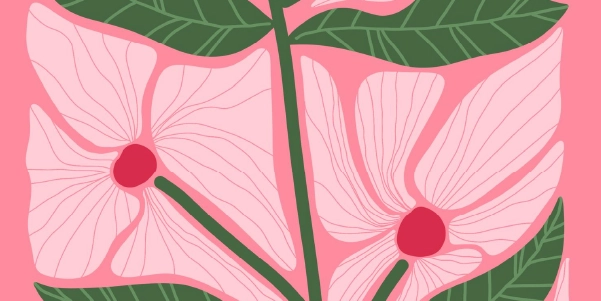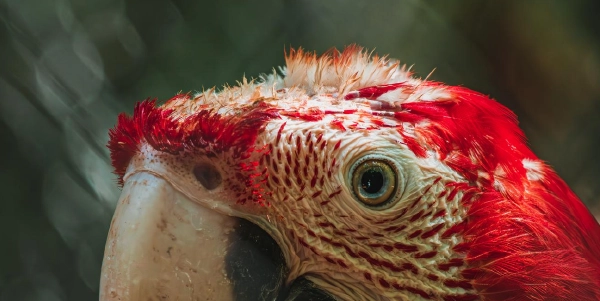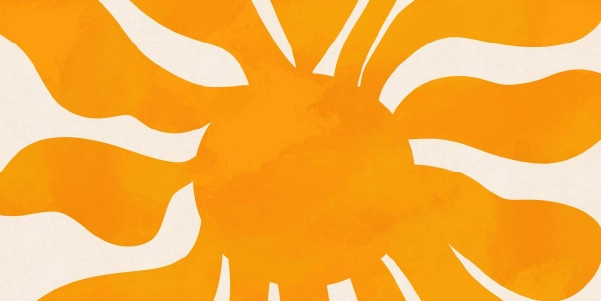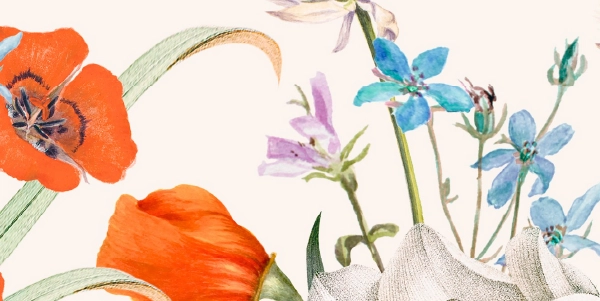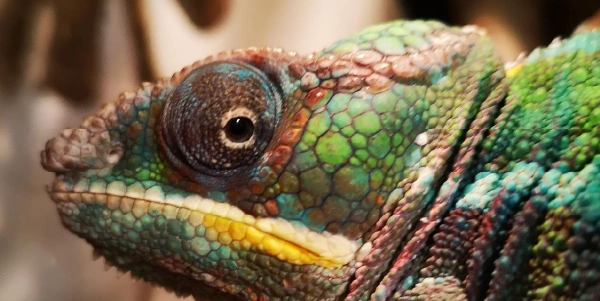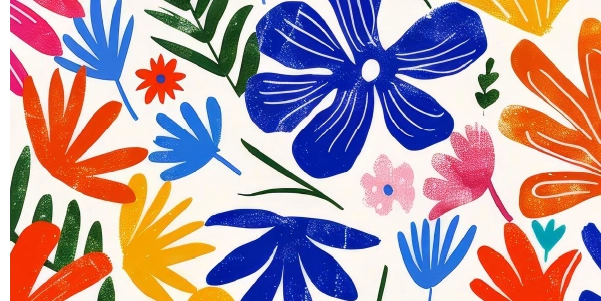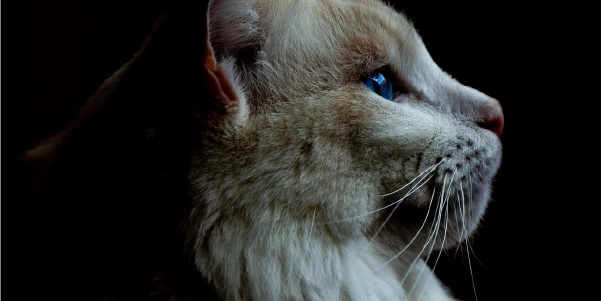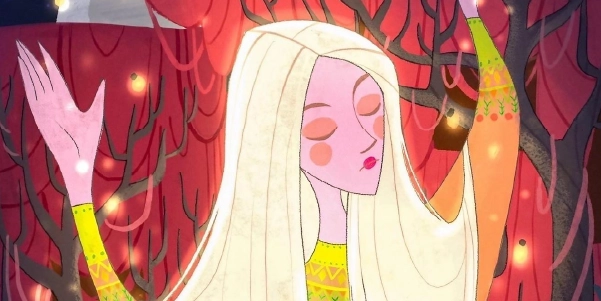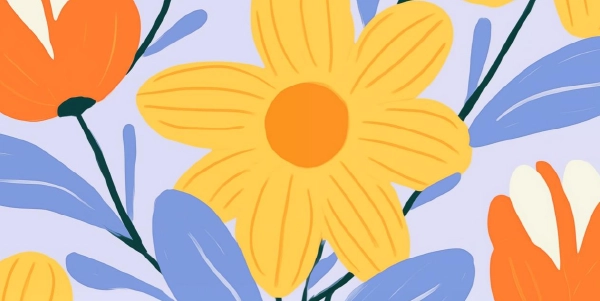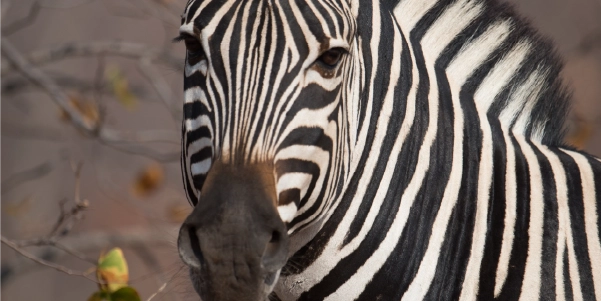

A1 English Course
Elementary Level
In our A1 course, you will practice simple words, everyday phrases, and easy sentences. Have fun learning and start speaking with confidence!
Lessons
Select the lessons you would like to complete.
Lecciones
A1 – Lesson 1
Numbers 0–10: zero, one, two, three, four, five, six, seven, eight, nine, ten.
Countries: Italy, Japan, Poland, Russia, Spain, Turkey, the United States.
A1 – Lesson 2
Numbers 10–20: eleven, twelve, thirteen, fourteen, fifteen, sixteen, seventeen, eighteen, nineteen, twenty.
Nationalities: Italian, Japanese, Mexican, Polish, Russian, Spanish, Turkish, American
A1 – Lesson 3
Things in the classroom: board, book, chair, coat, dictionary, door, laptop, piece of paper, table, window, bag, credit card, glasses, identity card (id card), key, mobile (phone), pen, photo, umbrella.
A1 – Lesson 4
Greetings and introductions: hello, hi, goodbye/bye, have a nice day, good morning, good afternoon, good evening, good night, sorry, ok, thank you, thanks, please, excuse me, yes, no
Phrases:
Nice to meet you!
Have a nice day!
Where are you from? I’m from Russia
Where in Russia? I’m from Moscow
A1 – Lesson 5
Small things: bag, credit, card, glasses, identity card (id card), key, mobile (phone), pen, photo, umbrella, watch.
People and family: boy, girl, friend, boyfriend, girlfriend, brother, sister, child, mother, father
Phrases:
Excuse me, what’s your name? I`m Kevin
Good morning, good afternoon, good evening, good night!
Goodbye, see you soon!
A1 – Lesson 6
Colours: green, orange, red, blue, brown, black, yellow, white, purple, grey.
Adjectives- opposites: bad, good, big, small, cheap, expensive, long, short, new, old, slow, fast.
Phrases:
What’s in your bag? I have two credit cards.
Look at that car!
How are you? Fine, thanks. And you?
How are you? I’m ok, thanks.
See you soon.!
What is it? It’s an apple
A1 – Lesson 7
Numbers: 20-100: twenty, twenty-one, twenty-two… thirty, thirty-three…forty, forty-five, forty-six… fifty, fifty-seven …sixty, sixty- eight, sixty-nine … seventy, seventy-seven … eighty, eighty-eight … ninety, ninety-nine … a hundred.
Asking for and giving personal information:
What’s your phone number?
What’s your address?
How old are you? I’m 18.
Are you married?
We’re in a hurry
A1 – Lesson 8
Verbs: drink, eat, have, like, listen, live, read, speak, study, watch.
Common actions: drink coffee, eat fast food, have children, like dogs, listen to the radio, live in a flat, read magazines, speak English, study Spanish, watch tv.
A1 – Lesson 9
Food and drink: beer, bread, breakfast, butter, cereal, cheese, chocolate, coffee, dinner, eggs.
Grammar- simple present: affirmative; personal pronouns.
A1 – Lesson 10
Food and drink: fish, fruit, lunch, meat, milk, orange juice, pasta, potatoes, rice, salad
Grammar- simple present (interrogative):
What do you do? I’m a doctor.
Where do you work? I work in a hospital.
A1 – Lesson 11
Jobs : administrator, doctor, factory worker, lawyer, nurse, policeman/policewoman, shop assistant, student, teacher, waiter.
Telling the time and ordinal numbers: what time is it?: it’s one o’clock, it’s five past one, it’s ten past one, it’s quarter past one, it’s twenty past one, it’s twenty-five past one, it’s half-past one.
A1 – Lesson 12
Places: in the street, in a hospital, in a shop, in a restaurant, in an office, in a school, in a factory, at home
Telling the time and ordinal numbers: what time is it?: It’s twenty-five to two. It’s a quarter to two. It’s ten to two. It’s five to two. It’s a quarter to three. It’s ten to four. It’s five to six. It’s five o’clock.
A1 – Lesson 13
More words to learn: cold, documents, managers, meetings, multinational companies, sausage, soup, strong.
Daily actions: get up, have breakfast, have a shower, have a coffee, have a sandwich, have lunch, go to work (by bus, car, etc.), go to university (by bus, car, etc.)
Asking for and giving personal information:
What do you do? I’m a doctor
What’s your phone number? It’s 123 547 589
A1 – Lesson 14
Daily actions: go home, go shopping, go to the gym, go to bed, make dinner, have dinner, do housework, watch tv, finish work.
Talking about likes/ simple present – affirmative: I like + v(ing): do exercise, do sport, go to the cinema, go to the theatre, go to the beach, play tennis, play the piano, play computer games.
A1 – Lesson 15
Common actions: change money, come, drive, hear, park, pay, see, smoke.
Talking about likes/ simple present – He/She: He/She likes + v (ing): ski, swim, walk, take photos, use the internet.
Asking for and giving personal information:
What’s your name? My name is Susan
Where are you from? I’m from Italy
What’s your address? It’s number 2, azorín street
What’s your phone number? It’s 123 547 589
A1 – Lesson 16
Clothes: hat, jeans, shirt, skirt, sunglasses, trousers
Opposites: happy-sad, good-bad, expensive-cheap, never-always, go to bed-get up, new-old, black-white, noisy-quiet, hot-cold, stressed-relaxed
Phrases:
They always go to the gym
Matt works in an office. He’s an actor
It’s warm and hot today. Let’s go to the park!
I’m very thirsty. I need a drink.
Please turn off your phone in the classroom
A1 – Lesson 17
Body parts: feet, foot, eye, arm, back, ear, nose, hair
Questions and answers:
What’s the matter? I have a pain in my neck
How are you? I’m great!/ I’m ill
Where is the toilet?
A1 – Lesson 18
Family: mother, father, grandmother, grandfather, son, daughter, grandson, granddaughter
A1 – Lesson 19
Jobs and places: taxi driver, teacher, doctor, nurse, receptionist, journalist, waiter, school, hotel, hospital, magazine, restaurant.
3rd Person of Singular- with He, She, It verbs end with S/ES: Write-Writes, Like-Likes, Live-Lives, Finish-Finishes, Teach-Teaches, Watch-Watches, Do-Does, Go-Goes
Sentences:
Who is that woman over there?
It’s Linda. She is a nurse
And who’s that man with grey hair?
What does he do?
He´s a teacher. He teaches French.
A1 – Lesson 20
More words: lunch, bed, housework, evening, company, newspaper
Frequency adverbs: always, usually, normally, frequently, often, sometimes, occasionally, rarely, never
A1 – Lesson 21
Free time and sports: meet friends, play tennis, play the piano, read a book, stay at home. swim, travel, watch tv, archery, handball, population, rugby, sports, team
A1 – Lesson 22
More words: crossword, exhibition, bath, bubble, coffee, pot, window-shopping, banker, waiter, factory, worker, customer, company
A1 – Lesson 23
Parts of the body: feet, foot, eye, arm, back, ear, nose, hair
Pronouns + have got- affirmative: i/you/we/you/they + have got…; he/she/it +has got…
A1 – Lesson 24
Parts of the body: back, cheeks, chest, chin, ear, eye brown, eyes, feet
Personal pronouns + have got – negative: I,you,we,you,they + haven’t got; he,she,it + hasn’t got
A1 – Lesson 25
Parts of the body: fingers, foot, forehead, hair, hands, head, hips, knees, legs, lips, mouth, neck, nose, shoulders, stomach, teeth
A1 – Lesson 26
Parts of the body: throat, toes, tongue, teeth, waist, nails, grey hair, wrinkle, liver, lung, ankle, wrist, elbow, knee, belly, kidney
A1 – Lesson 27
Clothes: belt, boots, cap, coat, dress, gloves, hat, jacket, jeans, pyjamas, pants, raincoat, scarf, shirt, shoes, skirt
A1 – Lesson 28
Clothes: pants, slippers, socks, stockings, suit, sweater, sweatshirt, t-shirt, tie, trousers, underclothes, underpants, swimsuit, brassiere, bow tie, suspenders



